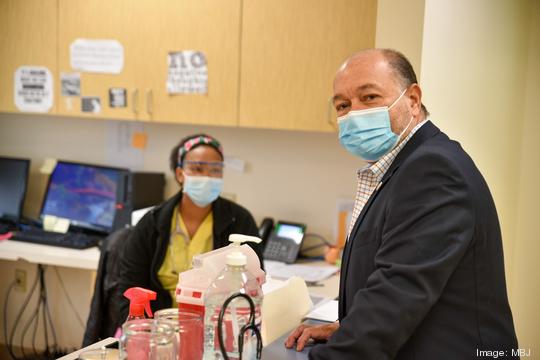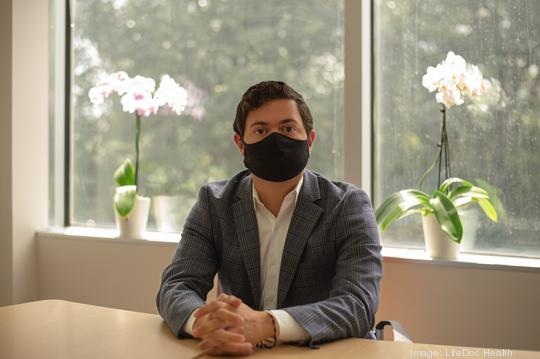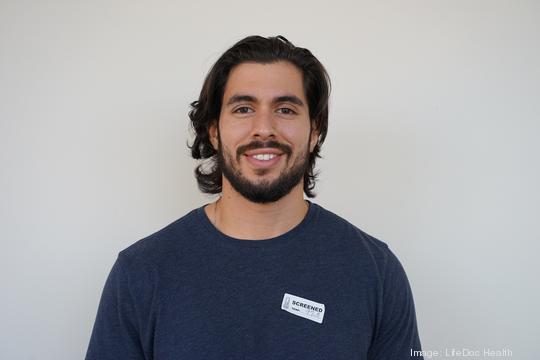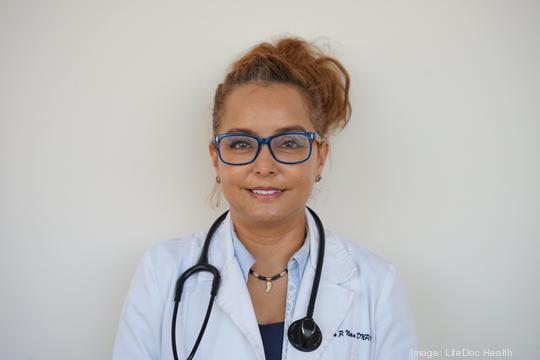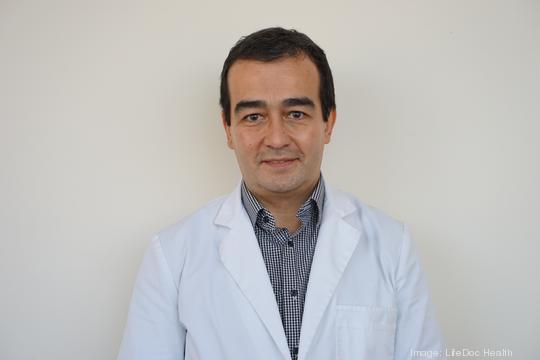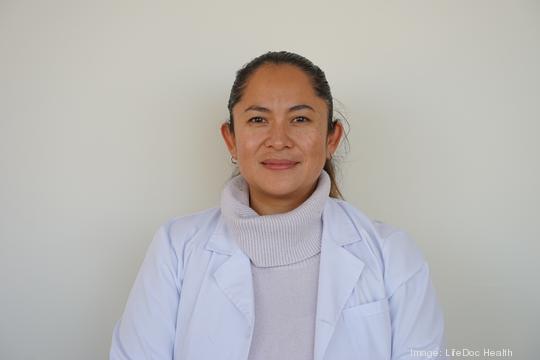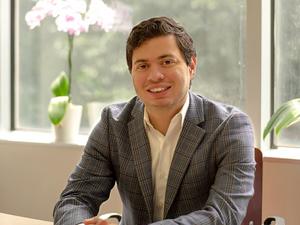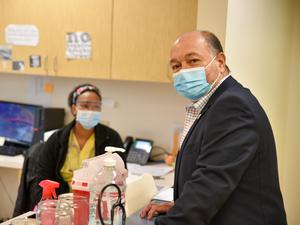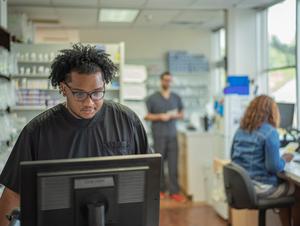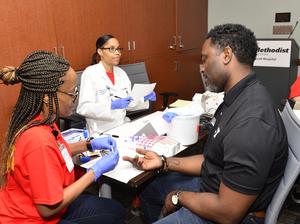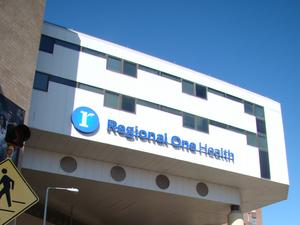LifeDoc Health has inked a partnership with Denmark-based pharma giant Novo Nordisk to provide clinical data on key underserved patient populations.
A confidentiality agreement prevents LifeDoc from disclosing the disease being studied but said it is a common condition in the Memphis metro area.
“[The condition] is something that existed prior to COVID and has been killing thousands of Memphians and millions of people nationally and globally,” said Pedro Velasquez Jr., LifeDoc’s operations director.
The Memphis company's evidence generation project for Novo Nordisk will cover 12-18 months. LifeDoc will rely on its patient population and years of research experience to complete the research project.
“Within our [research], we have performed two clinical trials with [Novo Nordisk], and we were among the leading recruiters and retainers of subjects [for their trials],” said Andres Velasquez, LifeDoc’s clinical research coordinator. “That stood out to them.”
The research could eventually benefit LifeDoc’s patient base, which tends to be underserved and may lack insurance coverage. Its patients include Hispanic and other minority groups, which LifeDoc’s research has shown are more at risk for cardiometabolic-related conditions.
The goal of the LifeDoc-Novo Nordisk collaboration is to work on solutions for a serious health condition. And, if those solutions develop, LifeDoc patients could eventually get access to them via clinical trials.
“Clinical trials are a way of getting access to [treatments] that may be more effective for them than the [treatments] that are covered by [insurance] or that they have access to,” Velasquez Jr. said.
Dr. Pedro Velasquez-Mieyer — LifeDoc’s founder and chief medical officer — has more than 30 years of experience conducting clinical research trials, and the LifeDoc clinical team has about a decade of experience in that area.
Over the past year and half, Velasquez-Mieyer has worked to leverage data resources from his research-centric practice into pharmaceutical partnerships.
“Not everyone practicing medicine is doing it in a way where what they're doing can be analyzed to come up with better solutions,” Velasquez Jr. said. “If you're not charting correctly, not documenting or standardizing protocols, then it's very difficult to have the quality of data to generate evidence to see what's working, what's happening in the population, and what can be done about it.”
LifeDoc’s clinical data will be combined with demographics and other social determinants of health — such as if patients have insurance, a job, or other variables that could impact the physical condition of those studied.
And, given Memphis’ diversity, the data collected by LifeDoc could have a broader reach than just the metro.
“Memphis is pretty representative, depending on what ZIP code you're in. … It’s not just Black and white here. There’s an Asian population and the Hispanic population here,” Velasquez Jr. said. “If we can come up with data that's relevant in Memphis, it could be applicable all over.”
